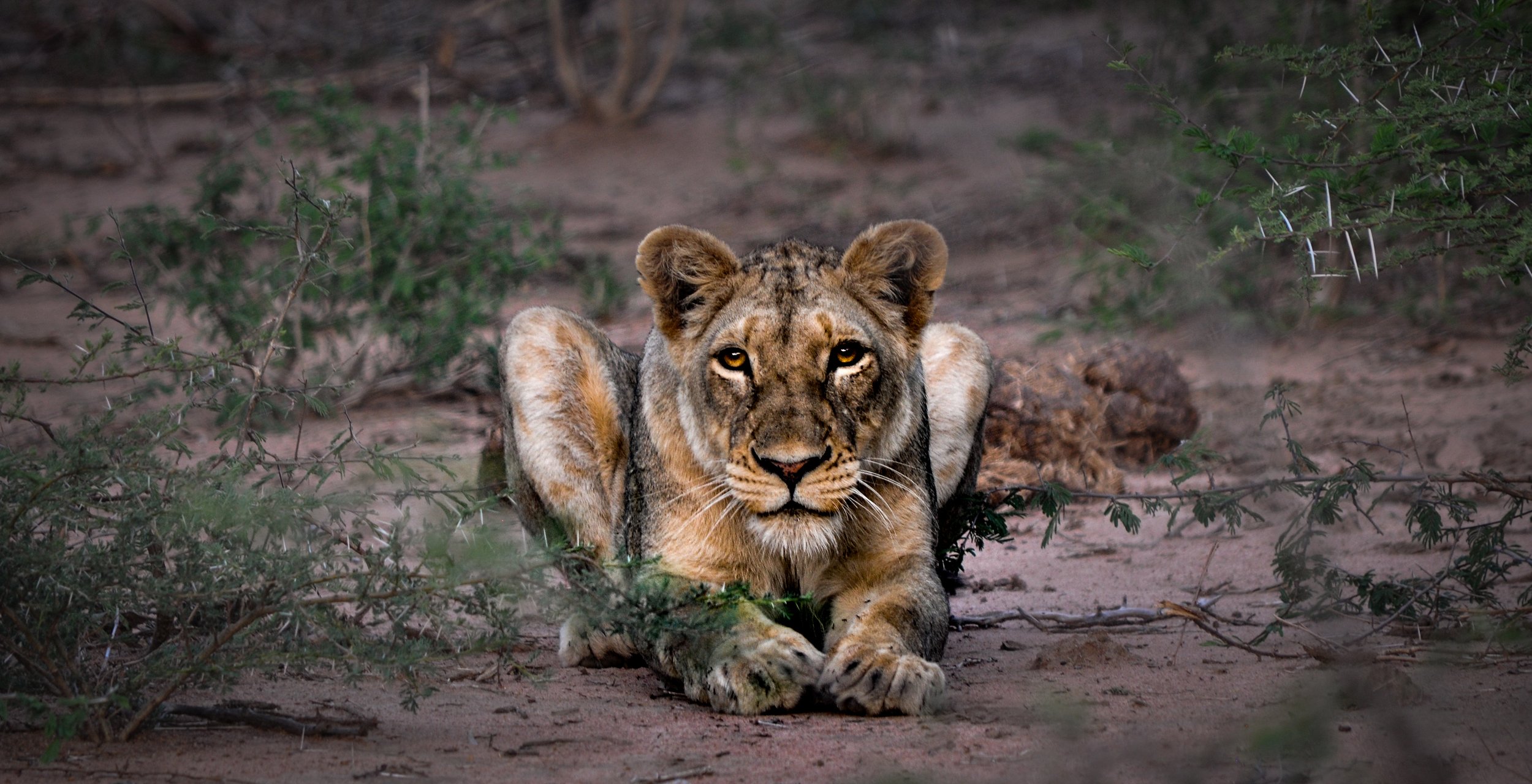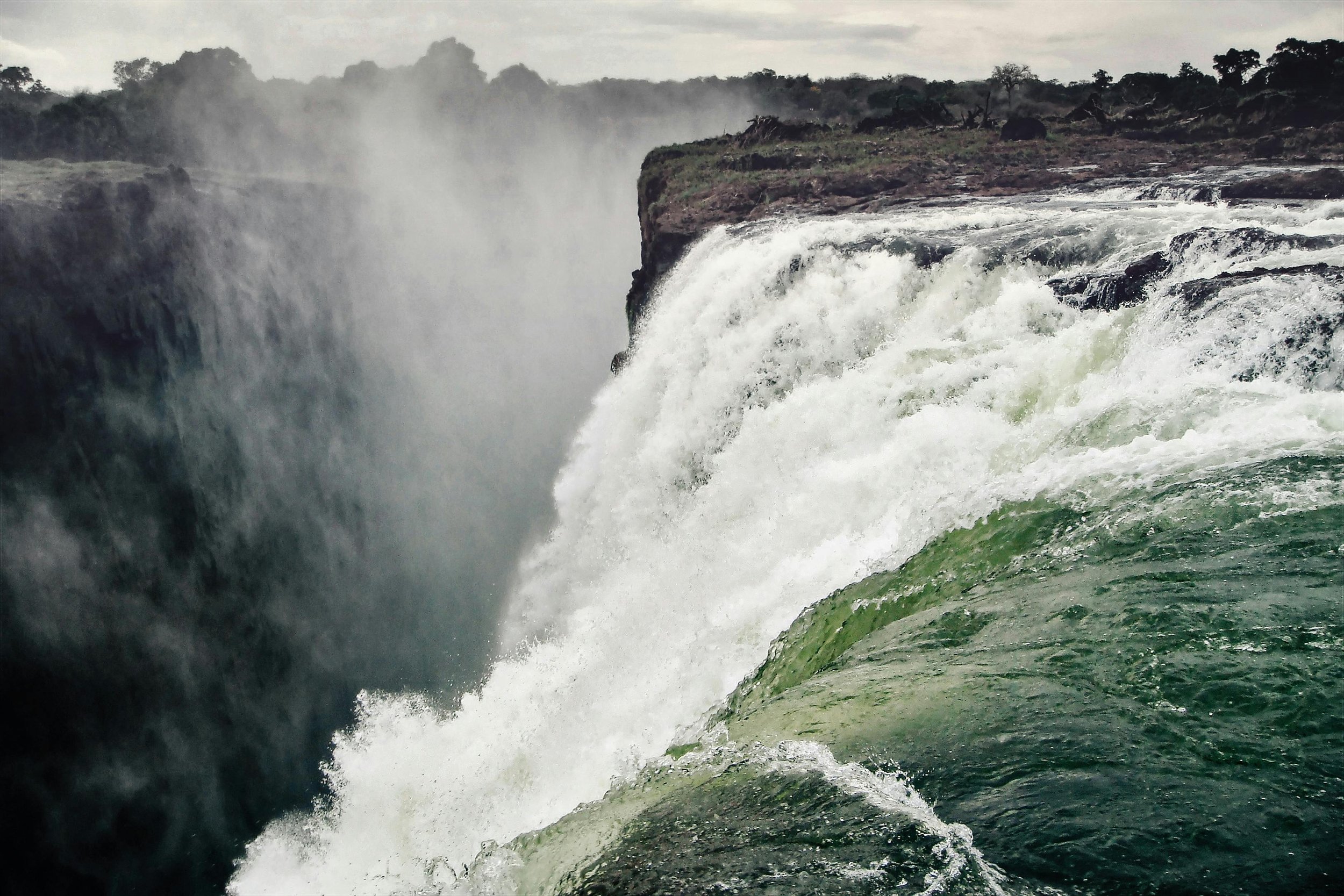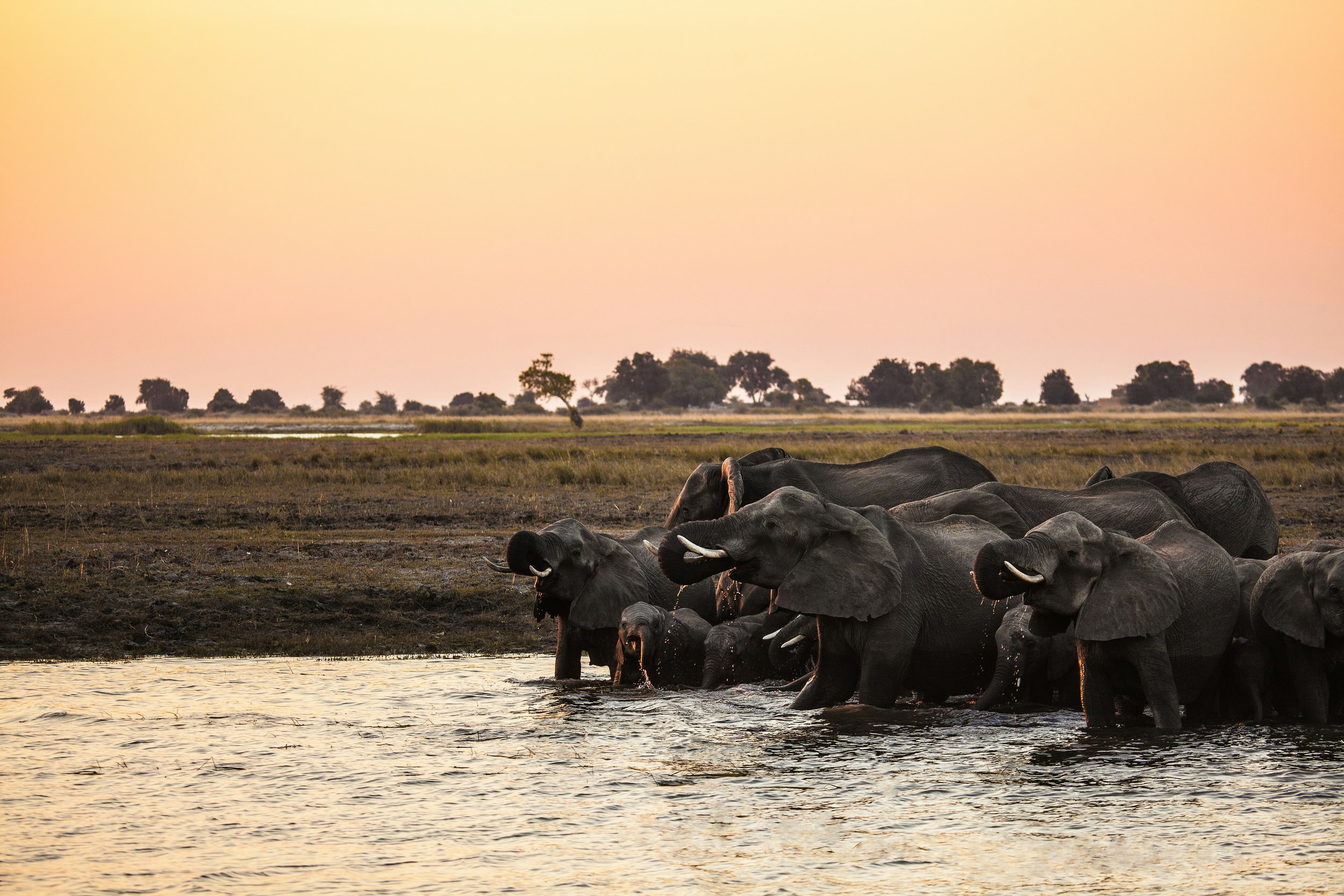
AFRICAN SAFARI TOURS, EXPERIENCES & HOLIDAYS
More than a safari. More than a destination. Africa is a feeling — one that stays with you for life
A journey beyond imagination
Africa stirs the soul. It’s where nature’s drama unfolds in the wild, and time slows as you watch the sun sink behind endless horizons. Picture yourself here — tracking gorillas through the misty mountains of Rwanda, witnessing the thundering power of Victoria Falls, or soaring by helicopter over Kenya’s rugged northern plains.
This is not a one-size-fits-all safari or holiday. This is your Africa — tailored to your dreams, designed with care, and crafted to change the way you see the world.
Africa’s beauty lies in its diversity
Each destination holds something unique — waiting for you to discover.
-

Botswana
Drift along the Okavango Delta’s winding waterways, watch elephants swim through crystal clear waters, and witness the magic of the zebra migration — a quiet spectacle few know exists.
-

Kenya
Roam the Maasai Mara’s vast savannahs, witness the Great Migration in all its glory, or take to the skies on a heli-safari over dramatic northern landscapes.
-

Mozambique
Escape to remote islands where turquoise waters meet white sands. Dive vibrant coral reefs or embrace the slow rhythm of coastal life in luxury hideaways.
-

Namibia
Stand in awe of towering red dunes at Sossusvlei, explore ancient deserts alive with wildlife, and gaze at night skies untouched by city lights.
-

Rwanda
Trek through misty rainforests and meet mountain gorillas face to face — an encounter that stays with you for a lifetime.
-

South Africa
From Cape Town’s cosmopolitan charm to Kruger’s Big Five safaris, combine wildlife, wine regions, and world-class coastal scenery in one journey.
-

Tanzania
Witness the Serengeti’s endless plains come alive with migrating herds. Discover Zanzibar’s spice-scented streets and relax on its pristine beaches.
-

Uganda
Explore the “Pearl of Africa” — kayak along the Nile, hike misty mountains, and encounter chimpanzees and gorillas in lush forest reserves.
-

Zambia
Get closer to nature with walking safaris in South Luangwa. Experience the Lower Zambezi, where the stunning Winter Thorn shades the elusive leopard and embrace the wild beauty of remote camps.
-

Zimbabwe
Marvel at the power of the thundering Victoria Falls, cruise the Zambezi River at sunset, and explore Hwange’s vast wilderness rich in wildlife.
-
These are just glimpses — the real journey begins when we design your adventure together.
Every traveller has their own dream of Africa. We’re here to bring yours to life
Our journeys are crafted through years of experience, trusted relationships, and a commitment to preserving the landscapes and cultures that make Africa extraordinary.
-
Explore remote landscapes & untamed places thanks to our deep-rooted connection
-
From luxury lodges to remote camps, no two journeys are ever the same.
-
Supporting conscious travel and local communities to leave a positive impact.
Questions? We’ve got answers
Explore answers to the most commonly asked questions about planning your journey with Getaway Safari.

Let Africa change you
The call of Africa is hard to ignore. The real magic happens when you answer it. Let’s create the journey you didn’t know you were dreaming of — an experience that will stay with you forever.















